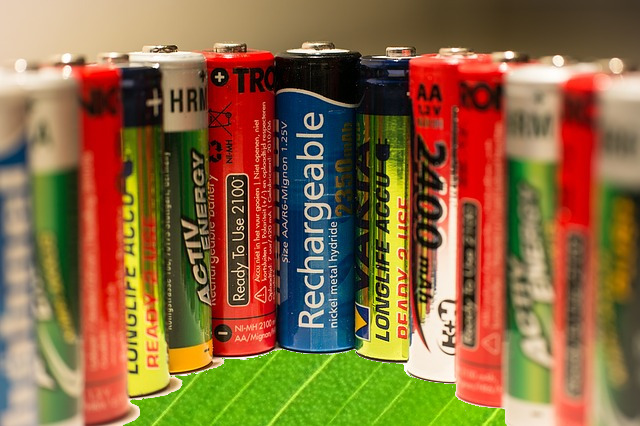All good things come to an end, so once their useful life is over, we must consider what exactly will happen to dead EV batteries. Mobile phone batteries are bad enough with millions of them around globally, but electric car batteries, also known as EV batteries, are much bigger and may prove even harder to dispose of.
As the popularity of electric cars increases, so too does the problem of what to do with their used batteries. As we’ve said previously, for something to be truly eco, we have to think about how it’s made, how it’s run and how it’s disposed of in the end.
Problem Of Batteries
Thinking about the problem with mobile phone batteries, there are currently over 6bn people using/devices in the world. These batteries are small enough to be thrown away and if they are, they can leech the lead, cadmium, manganese, zinc, mercury, nickel, nickel hydride and lithium they contain. These metals can get into the water table, poisoning sources of fresh water. Eventually, the chemicals from batteries end up in our oceans.

Car batteries from electric vehicles can’t just be thrown in the rubbish at the end of their life cycle, but they also can’t be recycled universally, and therefore cost-effectively at the moment. Moves are being made to ensure all batteries going forward are recyclable and one would hope they are left in the hands of responsible people to be recycled at the end of their life.
Today, a lot of cars are recycled almost entirely due to the value of their constituent parts and dead EV batteries are just as valuable. Take a look at some info on recycling cars. We can expect the same level of recycling with electric car bodies, though the presence of even more electrical components and wires could make things a bit more complicated.
Recycling Dead EV Batteries
Unfortunately with EVs, we just don’t have the capacity to deal with the huge numbers of batteries that will come to the end of their life as things stand right now. Batteries are almost all made in China right now because they have the facilities and available workforce to deal with production in the Lithium battery market.
What’s going to happen when we don’t have capacity to deal with dead EV car batteries as they increase in number? There is a big gap in the market for EV battery recycling, but there is time to deal with it. If the production of EV car batteries can be standardised, it means cost savings through economies of scale for manufacturers and widespread recycling.
If other countries can jump into action as soon as possible, they’ll have the chance to take back some control over the production of batteries by recycling old ones. This will help reduce the impact of any new battery shortages coming out of China.
What we’ll all need to work on right now is making sure EV batteries are standardised and that we have the facilities required to recycle them.
What will happen to dead EV batteries? They’ll be recycled, that’s what.